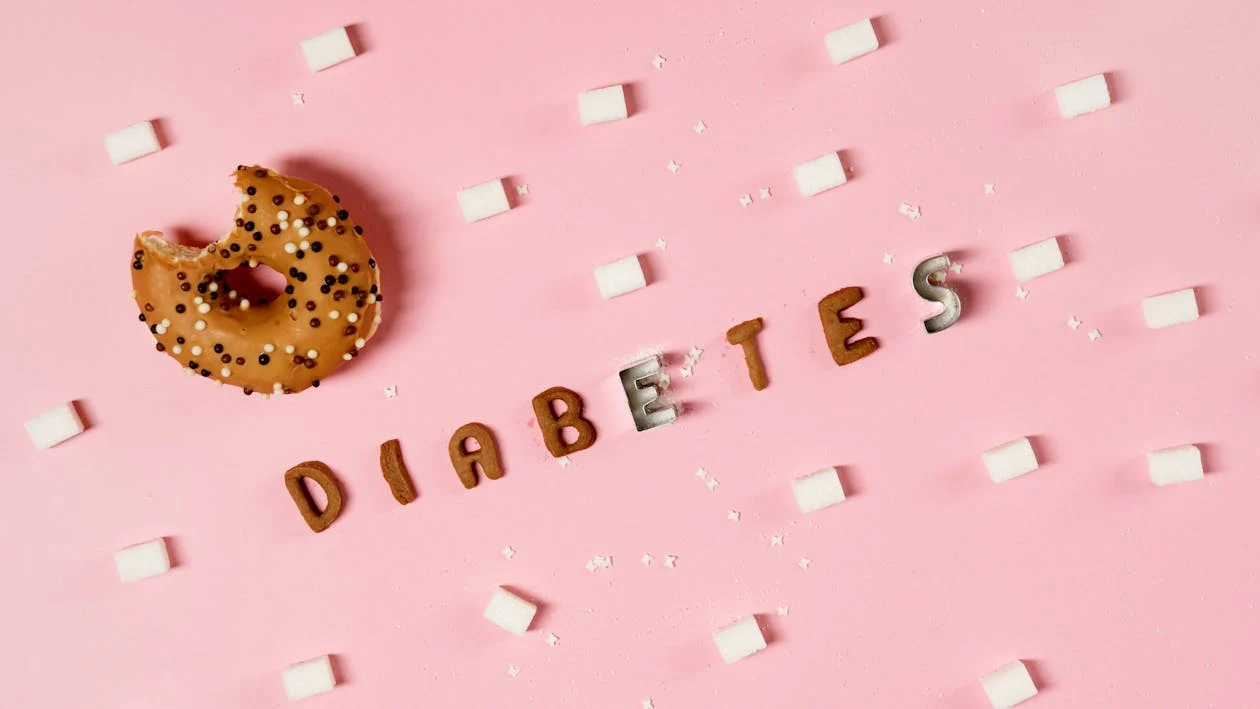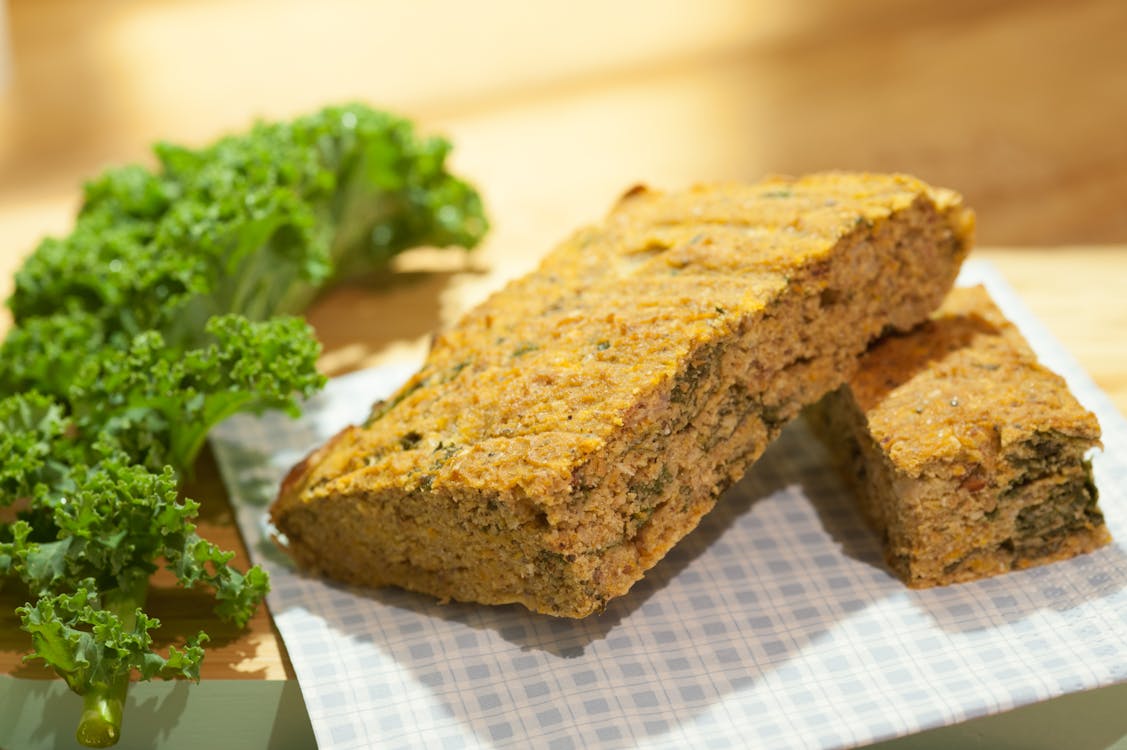Sugar, a staple of the modern diet, has quietly earned its reputation as a silent health villain. While it delivers a quick burst of energy, excessive consumption is linked to a range of health issues, including obesity, diabetes, heart disease, and dental decay. The most insidious aspect? Sugar often lurks in plain sight, hiding in foods that appear healthy. This article explores the hidden world of sugar and offers practical strategies for transitioning to a sugar-free lifestyle.
Understanding Hidden Sugar

Before embarking on a sugar-free journey, it’s crucial to recognize the different forms sugar can take. Here are the key categories to watch out for:
- Direct Sugars: These are added sugars used directly in foods, such as table sugar, brown sugar, honey, maple syrup, and agave nectar.
- Indirect Sugars: Naturally occurring sugars found in whole foods like fruits and milk. While they provide essential nutrients, excessive consumption can still contribute to your overall sugar intake.
- Hidden Sugars: Added sugars in processed foods, often disguised under names like corn syrup, high fructose corn syrup, maltose, sucrose, and dextrose
The Dangers of Excessive Sugar Intake

- Weight Gain: Consuming too much sugar contributes to weight gain due to its high calorie content and its tendency to increase appetite.
- Type 2 Diabetes: Chronic high sugar levels can impair the body’s ability to produce or use insulin effectively, increasing the risk of type 2 diabetes.
- Heart Disease: Excess sugar intake is linked to heart disease by contributing to high blood pressure, elevated cholesterol levels, and systemic inflammation.
- Dental Problems: Sugar fuels harmful bacteria in the mouth, leading to tooth decay, cavities, and gum disease.
Strategies for a Sugar-Free Diet

If you’re transitioning to a sugar-free diet, here are some strategies to help you get started and improve your chances of success:
- Read Labels Carefully: This is your first line of defense. Look out for any of the sugar terms mentioned earlier and pay attention to the ingredient order—items listed first are present in the highest quantities. Be cautious of terms like “partially hydrogenated oils” or “contains one or more of the following,” which often signal hidden sugars.
- Choose Whole Foods: Build your meals around whole, unprocessed foods like fruits, vegetables, whole grains, and lean proteins. These are naturally low in added sugars and make an excellent foundation for a sugar-free diet.
- Limit Processed Foods: Packaged snacks, baked goods, sweetened beverages, and condiments often contain high levels of added sugar. Reducing your intake of processed foods is key to cutting down on hidden sugars.
- Be Mindful of Portion Sizes: Even healthy foods can contribute to excessive sugar intake when eaten in large quantities. Watch portion sizes, especially with fruits and natural sweeteners.
- Cook at Home: Preparing your own meals allows you to control the ingredients and eliminate added sugars. Experiment with sugar-free recipes to keep your diet flavorful and satisfying.
- Stay Hydrated: Drinking water can help curb cravings and keep you feeling full. Replace sugary drinks with options like unsweetened tea, infused water, or sparkling water with a splash of lemon or lime.
- Manage Stress: Stress can drive sugar cravings. Adopt stress-reducing practices such as exercise, meditation, or spending time outdoors to maintain balance.
- Seek Support: Surround yourself with supportive friends, family, or online communities to stay motivated and accountable on your sugar-free journey.
- Be Patient: Breaking free from sugar addiction takes time. Start small, and celebrate progress along the way—every step brings you closer to your goal.
By adopting these strategies and making informed choices, you can effectively reduce your sugar intake and enjoy a range of health benefits. A sugar-free diet can boost energy levels, support weight loss, enhance skin health, and contribute to overall well-being. Small, consistent changes can lead to significant improvements in your quality of life.
In Conclusion
Reducing sugar intake is one of the most impactful steps you can take for your health. While the journey toward a sugar-free diet may initially seem daunting, it’s important to remember that change doesn’t happen overnight. Instead, by taking small, consistent steps and focusing on gradual progress, you can transform your eating habits over time.
Moreover, understanding the hidden sources of sugar and making intentional food choices will set the foundation for long-term success. Additionally, by adopting practical strategies, such as cooking at home or limiting processed foods, you’ll find it easier to stay on track. Not only will these changes support weight management, but they will also help you reclaim your energy, improve mental clarity, and foster a healthier relationship with food.
In the end, cutting back on sugar isn’t just about following a diet—it’s an empowering journey toward living a healthier, more mindful life. So, start today, and with patience and persistence, you’ll begin to experience the positive changes that come from taking control of your health.
Featured image: @raffleslondon.theowo/Instagram
For the latest in fashion, lifestyle, and culture, follow us on Instagram @StyleRave_
—Read also


























+ There are no comments
Add yours